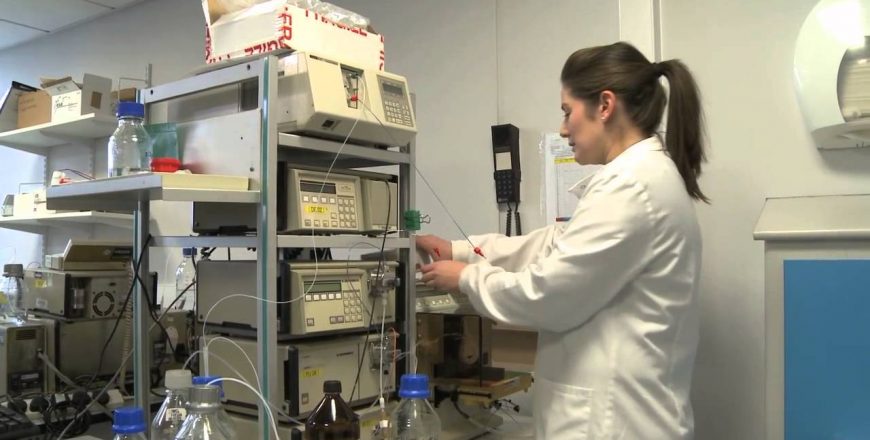
You’ll help carry out routine technical and scientific procedures on a healthcare science associate apprenticeship course.
A healthcare science associate assists practitioners and clinical scientists in performing high-quality, safe diagnostic, therapeutic, and monitoring technical and scientific procedures in hospitals, general practices, and other settings in the healthcare sector and other specialities from conception to death.
As a healthcare science associate apprentice, you will be in charge of conducting a range of routine technical and scientific activities with minimal supervision. Depending on your discipline, you will contribute to the safe, effective, and efficient operation of diagnostic and therapeutic services, control the technical processing of biological samples and physiological and other diagnostic tests and perform routine investigations and telephone authorised results following protocols.
What you’ll learn
On a healthcare science associate apprenticeship course, you’ll learn to:
- Maintain the highest standards of person-centred care, with compassion, decency, and respect for each individual.
- Create partnerships with patients/caregivers,/families.
- Encourage psychological health and well-being.
- Deliver information to the general public, patients, caregivers, and colleagues in line with agreed-upon protocols, including feedback.
- Use technology to transmit information vocally.
- Critically examine your technical/non-technical practice.
- Work within the realm of your specialised expertise/stay up to date.
- Support younger colleagues’ continuing professional development (CPD) (6) and respond favourably to appraisal/feedback.
- Keep a healthy and safe working environment.
- Lead quality management technical audit processes as required.
- Participate in creating Standard Operating Procedures (SOPs) (SOPs).
- Make educated decisions to initiate, maintain, alter, or terminate the usage of techniques/procedures, taking SOPs and senior input into consideration.
- Recognise problems and seek technology solutions.
- Analyse, analyse, record, and display HCS technical data correctly.
- Accept responsibility for the care you provide and your impact on others.
- Obtain and record necessary authorisation in line with procedures.
- Maintain patients’ and caregivers’ confidentiality and privacy.
- Participate in audits and/or service improvement initiatives.
- Communicate the audit findings and service improvements.
- Carry out appropriate auditing/research/innovation activities.
- Contribute to the advancement of quality in your sector of work.
- Plan and analyse a team’s and its members’ work.
- Take the initiative and work successfully with the HCS team as appropriate.
Entry requirements
You’ll usually need:
- Depending on the employer, but likely A-levels or equivalent or relevant experience.
- Apprentices without level 2 English and maths will need to achieve this level before taking the end-point assessment.
Assessment methods
The End Point Assessment consists of three distinct assessment methods:
- Vocational Competence Observation (VCO)
- Professional Practice Test (PPT)
- Professional discussion (PD) about development and achievement, informed by evidence of development over the programme presented (e.g. in a log or portfolio).
Duration, level, subjects and potential salary upon completion
- Duration: 24 months
-
Level: 4 – Higher Apprenticeship
- Relevant school subjects: Science
- Potential salary upon completion: £21,000 per annum
Apprenticeship standard
More information about the Level 4 Healthcare Science Associate Apprenticeship standard can be found here.
Apprenticeship end point assessment
For more information about the End Point Assessment Process, please read the Institute of Apprenticeships’ information page.
